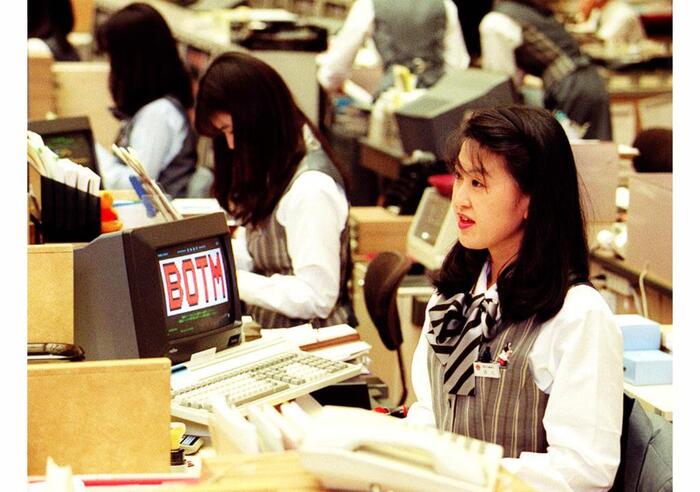Enlarge image
Currently the absolute price driver: fuels
Photo: IMAGO/Rupert Oberhäuser
Many companies in Germany are desperately looking for employees - and can hardly find them.
In many places, this is already reflected in collective wage agreements, and employees can push through higher wage increases than before.
And yet the purchasing power of citizens has fallen in 2021.
The high inflation, averaging a good 3.1 percent, completely consumed the – actually considerable – increase in wages last year.
Nominal wages rose by almost 3.1 percent in 2021 compared to the previous year, as the Federal Statistical Office announced on Thursday, thereby confirming its preliminary information from mid-February.
The bottom line is that real wages fell by 0.1 percent (the full evaluation by the Federal Statistical Office can be found here).
The drop in real wages is the second in a row.
According to the Federal Statistical Office, the increased use of short-time work contributed to the negative development in the first year of the Corona crisis, 2020.
The drop in real wages was 1.1 percent.
2022 could be even worse
In the second year of the Corona crisis, 2021, less short-time work was used due to the increasing easing of measures to combat the pandemic.
The paid weekly working hours normalized again, which led to higher gross monthly earnings for employees.
However, high inflation, which last year reached its highest level since 1993, ate up growth again.
This year could see another fall in real wages as inflation has continued to rise recently, hitting 5.1 percent in February, mainly driven by high energy prices.
The situation is currently being exacerbated by the consequences of the Russian attack on Ukraine.
Economic researchers have therefore recently raised their inflation forecasts for 2022 significantly - on Wednesday, for example, the Munich ifo Institute had forecast a range of 5.1 to 6.1 percent;
3.3 percent had been expected in December.
beb/dpa









